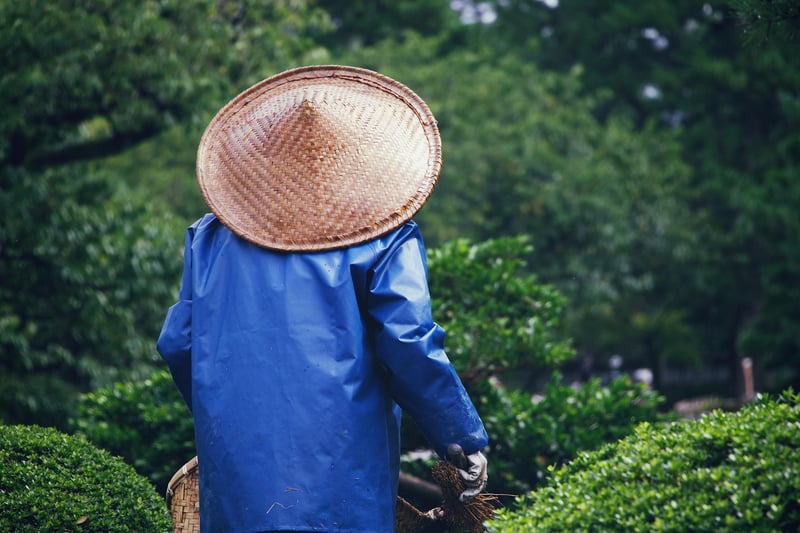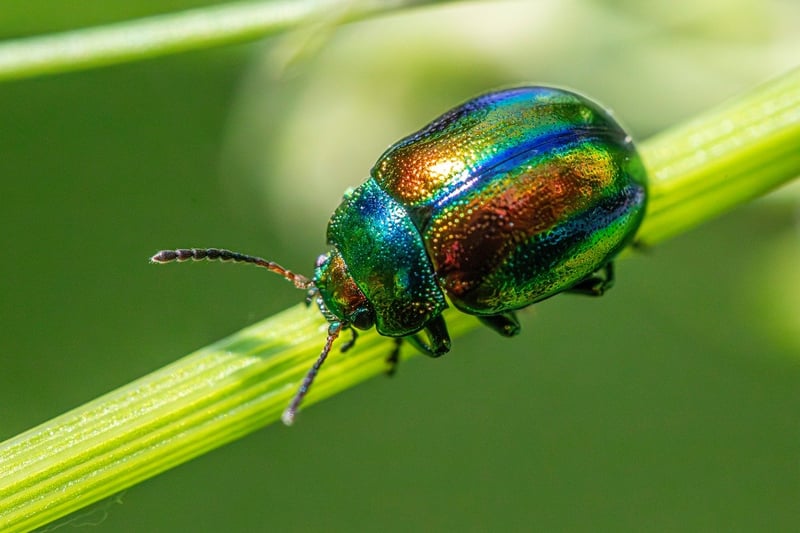Pest control
Keeping Your Garden Healthy: Pest Control Tips
Having a beautiful and thriving garden requires more than just watering and sunlight. One crucial aspect of gardening is pest control. Dealing with pests can be challenging, but with the right knowledge and techniques, you can keep your garden healthy and pest-free. Here are some tips to help you maintain a vibrant garden while effectively managing pests.
1. Identify Common Garden Pests
Before you can effectively control pests in your garden, you need to identify them. Common garden pests include aphids, snails, slugs, caterpillars, and beetles. By knowing which pests are present in your garden, you can choose the most appropriate control methods.
2. Implement Natural Pest Control Methods
Consider using natural pest control methods to protect your garden and the environment. Some effective natural solutions include introducing beneficial insects like ladybugs and lacewings, using neem oil or insecticidal soap, and planting pest-repelling plants such as marigolds and lavender.
3. Practice Good Garden Hygiene
Keeping your garden clean and tidy can help prevent pest infestations. Remove any dead or decaying plant matter, weeds, and debris that pests might hide in. Regularly inspect your plants for signs of pest damage and take action promptly.
4. Utilize Physical Barriers
Use physical barriers like row covers, netting, and fences to protect your plants from pests. These barriers can prevent pests from reaching your plants and causing damage. Make sure to install them properly and check regularly for any tears or gaps.
5. Rotate Your Crops
Rotating your crops each season can help disrupt the life cycle of pests and reduce infestations. Planting different crops in different locations can prevent pests from building up in the soil and protect your plants from recurring pest problems.
6. Monitor Your Garden Regularly
Regularly inspect your garden for any signs of pest activity. Look for chewed leaves, discolored patches, holes in fruits, or visible pests on your plants. Early detection can help you address pest issues before they escalate.
7. Consider Using Organic Pesticides as a Last Resort
If natural methods and preventive measures are not sufficient to control pests in your garden, consider using organic pesticides as a last resort. Always read and follow the instructions carefully to ensure the safe and effective use of these products.

By following these pest control tips and strategies, you can maintain a healthy and thriving garden while keeping pests at bay. Remember that a balanced approach combining natural methods, good gardening practices, and vigilant monitoring is key to successful pest management in your garden.
Happy gardening!
